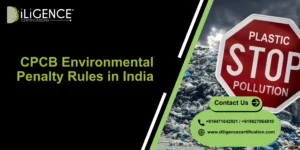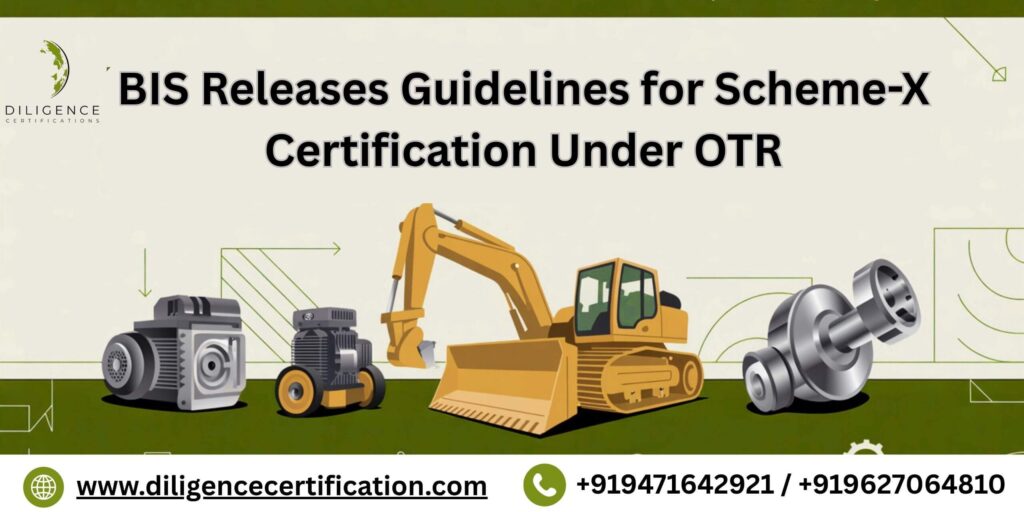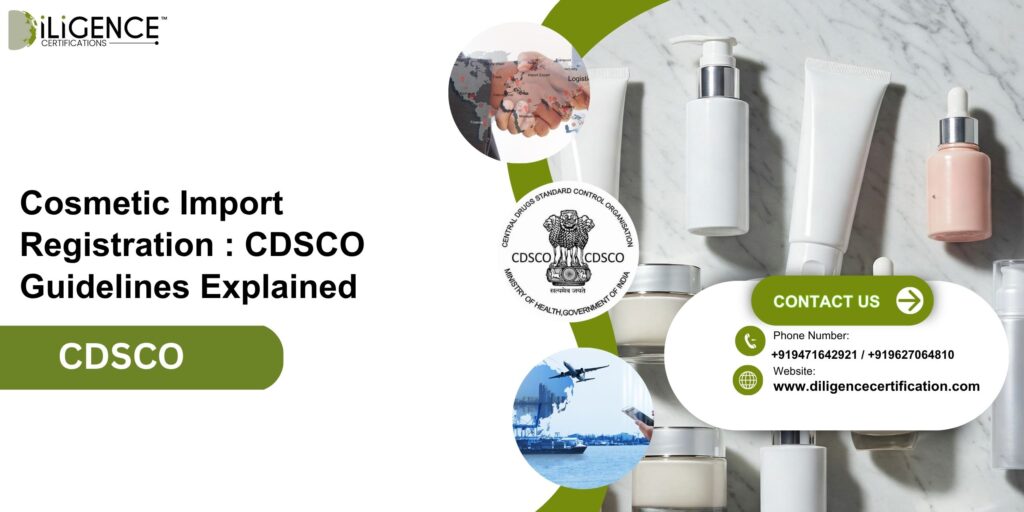E-Waste Management and EPR Post Compliance
Currently, managing e-waste is the most important issue for industries, governments, and consumers. The rapid pace of technological change and high disposal of electronic devices calls for the responsible recycling and disposal of e-waste. Extended Producer Responsibility (EPR) regulations have been put into place in many countries as a way to enforce accountability for producers managing the end of life of their products.
But compliance is not just limited to registering and submitting plans for EPR. Post-compliance, or EPR post-compliance could be very critical for business navigation to assure that the company becomes compliant with e-waste management laws and is able to obtain Diligence certification thereafter. The post-compliance phase deals with proving that actions take place in compliance with the relevant legal requirements and that the entire life cycle of e-waste is managed effectively.
Understanding EPR and Its Significance in E-Waste Management

Extended Producer Responsibility means making manufacturers and producers responsible for the disposal, recycling, and treatment of their products when the products have really outlived their life. This is done so as to make manufacturers gradually design products that are easily recyclable and more environment-friendly. Though there is variation among many countries regarding EPR regulation, usually, it requires the following:
- Register with concerned authorities. Producers are required to register with the government or with agencies set out by him to manage e-waste in regions.
- Develop and implement EPR plans. This is a plan that should explain how the company intends to collect, recycle and dispose of e-waste products.
- Contribution to e-waste collection systems. Some countries might require producers to contribute financially to such systems or take part in them directly.
However, while these are initial steps for compliance, it is by these steps that the company would demonstrate over time that it continuously meets its obligations after compliance.
Why EPR Post-Compliance is Important for Diligence Certification
Diligence certification is an essential validation that assures regulators, stakeholders, and customers that a company is in full compliance with environmental laws, including e-waste management under EPR regulations. For companies seeking diligence certification, EPR post-compliance is a crucial element.
Achieving diligence certification demonstrates that the company is:
- Committed to Environmental Responsibility: By adhering to EPR post-compliance, businesses show their ongoing commitment to reducing the environmental impact of their products and processes.
- Transparent and Accountable: Certification provides assurance that the company’s e-waste management practices are transparent, and all relevant records and reports are available for review.
- Adhering to National and International Standards: Diligence certification ensures that the company is following both local and global e-waste management standards, which may improve its reputation and open up new business opportunities.
- Minimizing Legal Risks: Non-compliance with EPR regulations can lead to penalties and legal issues. Post-compliance efforts reduce the risk of such consequences, ensuring that the company meets all obligations.
Steps to Ensure EPR Post-Compliance for Diligence Certification
However, several steps build post-conformance EPR adherence in doing due diligence certification on an enterprise. The first step would be:
- Regular Monitoring of EPR Regulations: Be updated with the ongoing amendments or changes brought about with respect to the relevant e-waste regulations in the area of operation. Without timely incorporation of the modified change in the EPR plan, the very possibility of upcoming changes may be such that they could occur at the local level, national level, and even international levels, hindering the efficiency of compliance by that company.
- Hire a Compliance Advisor: Consult environmental compliance consultants who will advise your company on the mode of post-compliance where your company must prepare for the audit and reporting requirements and what should be in the audit questionnaire. They may aid in certain documentation for compliance as far as reports meet legal standards.
- Establish Thorough Record Management Systems: E-waste management activities would require adequate documentation in terms of all audit reports or findings and updates. Everything is written well, documented in easy access, and an easy-to-manage report submission centralized digital system may work in favor of all these setups.
- Go Through Collection and Recycling E-waste Continuous Monitoring and Improvement: Monitor the recycling program to assess its benefits and, where necessary, to improve collection rates, minimize waste, and improve efficiencies in recycling methods. Certified recycling partners and innovative recycling technologies will together reduce the environmental footprint of your company.
- E-waste Management Involvement and Awareness of Employees: Effective management of e-waste would invite the participation of all the stakeholders from suppliers to customers. Internal training and awareness campaigns can streamline compliance through educating employees on e-waste management.
- Imbue Circular Economy Principles: Introducing circular economy strategies for your EPR scheme shall enhance your post-compliance endeavors as well. As a sustainable model, a circular economy paves the way for less waste, reuse, and recycling of materials. Thus, businesses would reduce their dependency on raw materials and their e-waste production by designing recyclable products and building circular processes.
- Invest in Technological Innovation: Without a doubt, there are many new technologies that can be incorporated into e-waste management processes, such as tracking e-waste recycling using AI or even having it on a blockchain for full transparency in the recycling supply chain. Using technologies like these will increase operational efficiency and make sure that everything is where it is supposed to be.
- Review Performance Measures Regularly: These performance measures will provide an overview of how well the project is doing in terms of e-waste management. Indeed, metrics such as recycling rates, percentage of reused materials, and total amount of e-waste collected for recycling provide real tangible evidence of compliance and progress toward environmental goals.
Conclusion
EPR post-compliance is critical for responsible e-waste management practices, especially for businesses seeking Diligence certification. Keeping a tab on and improving their e-waste management programs regularly allows companies not only to comply with regulatory standards but to demonstrate corporate responsibility towards sustainable environmental stewardship.
In the time when green responsibility is highly scrutinized, EPR post-compliance becomes a part of strategic benefit to reputation building and trust with consumers while securing greener, sustainable futures for all rather than just having regulatory requirements.
In becoming EPR post-compliant, businesses distinguish themselves as a recognizable leader in environmental accountability willing to face the challenges of a fast-changing regulatory environment around the world. This comprehensive approach deals with e-waste management not only concerning compliance but also within the aspect of operationally efficient yet innovation-oriented contribution to global efforts against the degradation of our environment. Thus, center post-compliance in your EPR strategy; this is not just about compliance, it is about how responsible world business will continually evolve.








 BIS Certification
BIS Certification
 CDSCO
CDSCO
 CPCB
CPCB
 LMPC
LMPC
 WPC Approval
WPC Approval
 Global Approvals
Global Approvals
 TEC
TEC
 ARAI
ARAI
 BEE
BEE
 ISO Certification
ISO Certification
 Drone Registration
Drone Registration
 NOC For Steel
NOC For Steel



















 Business Registration
Business Registration















 Legal Services
Legal Services
 Trademark Registration
Trademark Registration
 Copyright Registration
Copyright Registration
 Patent Registration
Patent Registration
















































